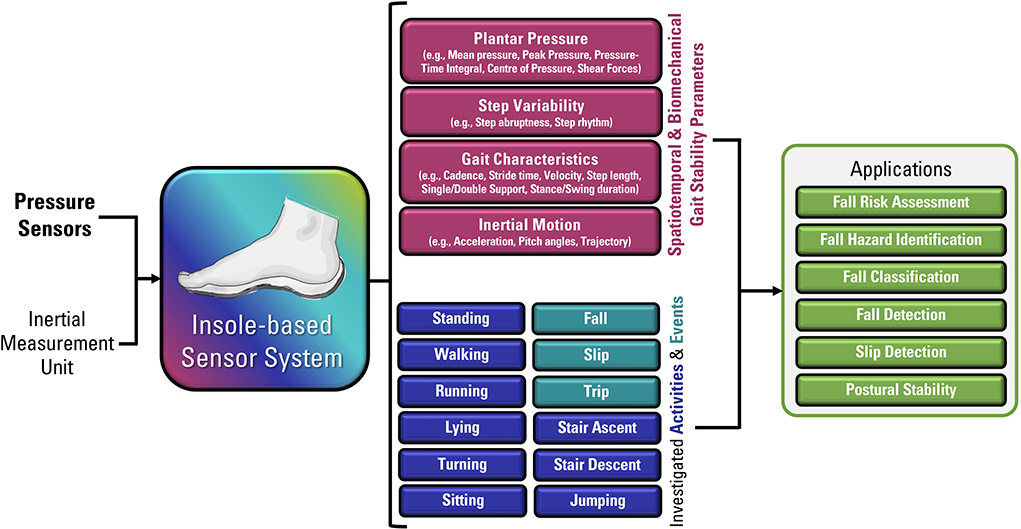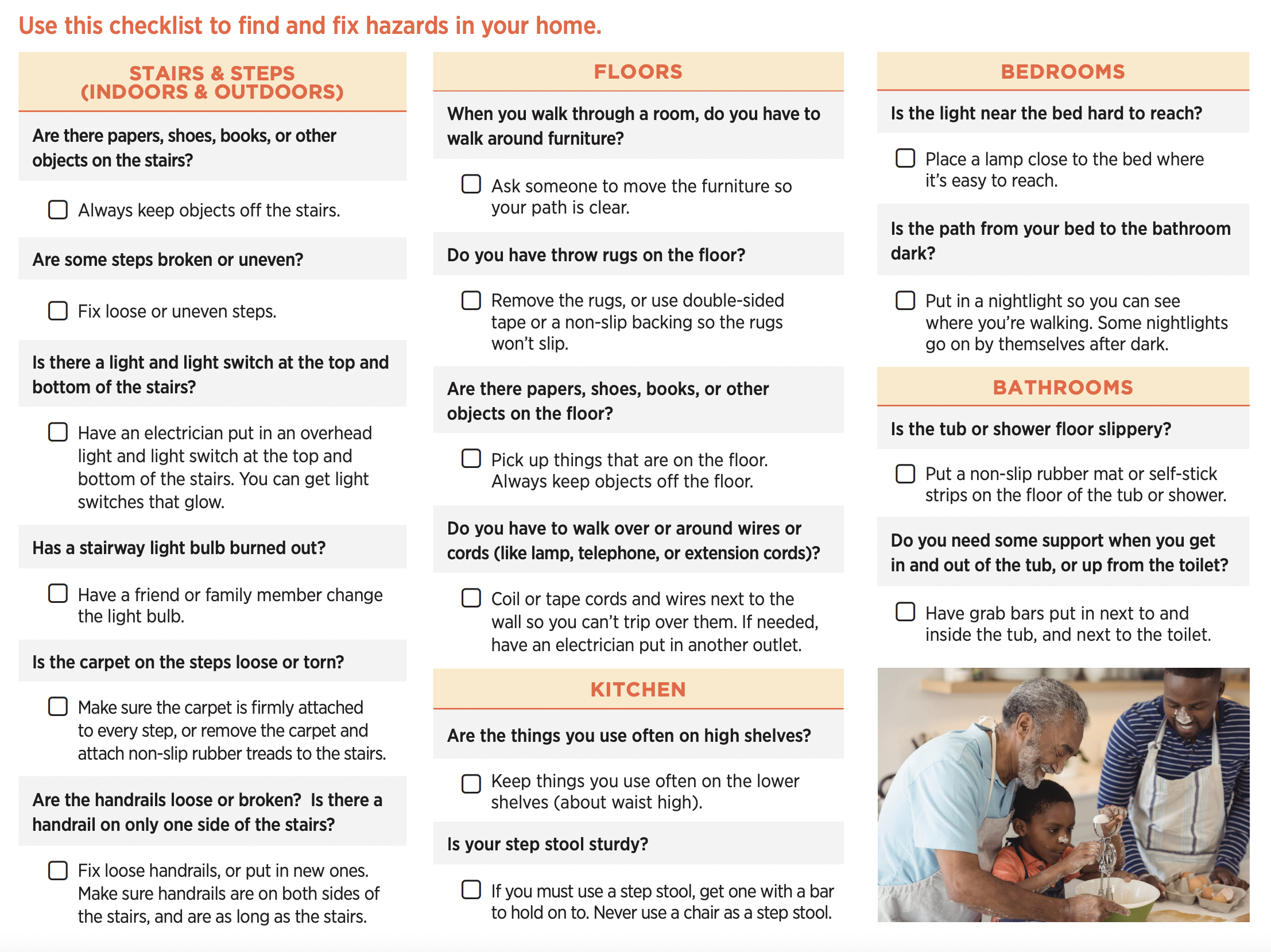The Main Principles Of Dementia Fall Risk
The Main Principles Of Dementia Fall Risk
Blog Article
Unknown Facts About Dementia Fall Risk
Table of Contents5 Easy Facts About Dementia Fall Risk ExplainedThe Ultimate Guide To Dementia Fall RiskThe Single Strategy To Use For Dementia Fall RiskNot known Factual Statements About Dementia Fall Risk Excitement About Dementia Fall Risk
The FRAT has 3 areas: drop risk condition, danger aspect checklist, and activity strategy. A Loss Threat Status consists of information concerning background of recent falls, drugs, psychological and cognitive standing of the individual - Dementia Fall Risk.If the individual scores on a threat aspect, the matching number of factors are counted to the patient's autumn risk score in package to the much appropriate. If a patient's loss threat rating amounts to 5 or greater, the individual is at high threat for falls. If the client ratings just four factors or lower, they are still at some risk of falling, and the nurse ought to utilize their ideal scientific evaluation to handle all fall threat variables as component of an all natural care plan.
These common strategies, in general, assist establish a safe setting that minimizes unintended drops and delineates core preventive measures for all people. Indicators are vital for people at threat for falls.
The Best Guide To Dementia Fall Risk
For instance, wristbands should consist of the patient's last and first name, date of birth, and NHS number in the UK. Information must be printed/written in black versus a white background. Just red color must be made use of to signal special individual standing. These referrals are consistent with present developments in patient identification (Sevdalis et al., 2009).
Products that are as well far might need the client to get to out or ambulate unnecessarily and can potentially be a threat or add to drops. Helps prevent the person from going out of bed with no aid. Registered nurses react to fallers' telephone call lights quicker than they do to lights initiated by non-fallers.
Aesthetic problems can substantially trigger drops. Maintaining the beds closer to the floor lowers the threat of drops and major injury. Placing the cushion on the flooring significantly minimizes fall danger in some healthcare settings.
Dementia Fall Risk Can Be Fun For Everyone
People that are high and with weak leg muscular tissues who attempt to rest on the bed from a standing setting are likely to drop onto the bed due to the fact that it's also low for them find more information to decrease themselves securely. If a high patient efforts to obtain up from a reduced bed without assistance, the individual is most likely to drop back down onto the bed or miss out on the bed and fall onto the floor.
They're developed to advertise timely rescue, not to prevent drops from bed. Apart from bed alarms, increased guidance for risky individuals additionally may help stop falls.
-copy-5.jpg)
Individuals with a shuffling stride rise autumn possibilities drastically. To lower autumn threat, footwear should be with a little to no heel, thin soles with slip-resistant walk, and sustain the ankle joints. Encourage client to utilize nonskid socks to avoid the feet from sliding upon standing. However, motivate patients to put on suitable, well-fitting shoesnot nonskid socks for ambulation.
The Buzz on Dementia Fall Risk
In a study, homes with sufficient lighting record fewer falls (Ramulu et al., 2021). Enhancement in lighting at home may lower loss prices in older grownups.

Sitters are efficient for assuring a safe, secured, and risk-free setting. However, studies showed really low-certainty evidence that caretakers minimize autumn threat in acute care healthcare facilities and only moderate-certainty that choices like video tracking can lower sitter usage without increasing fall risk, suggesting that sitters are not as beneficial as originally believed (Greely et al., 2020).
Some Known Details About Dementia Fall Risk

Boosted physical fitness lowers the threat for falls and restricts injury that is received when loss transpires. Land and water-based workout programs may be likewise valuable on balance and stride and consequently decrease the risk for drops. Water workout may contribute a favorable advantage on balance and stride for women 65 years and older.
Chair Surge Exercise is a simple sit-to-stand exercise that assists reinforce the muscles in the upper legs and butts and boosts wheelchair and self-reliance. The objective is to do Chair Increase exercises without using hands as the client comes to be more powerful. See sources section for a thorough direction on exactly how to do Chair Surge exercise.
Report this page